
RDS Academic & Researcher Induction – Weds 16th October 10:00 – 11:00, online
The primary aim of this event is to raise participants’ awareness of how to get started in research at BU or, for more established staff, how to take their research to the next level. It will provide participants with essential, practical information and orientation in key stages and processes of research and knowledge exchange at BU
You’ll be made aware of the support available at each stage of the research lifecycle and get an introduction to the Research, Development & Support Team, who are here to help! It will be hosted by our experts who are responsible for strategy, outputs, ethics, public engagement, knowledge exchange, project management & training. It will include:
- A brief overview of research excellence at BU and how RDS can help/support academic staff
- How we can support your impact, public engagement, knowledge exchange & output activity and why it’s important – essential to quality bids and the REF
- How to find funding opportunities and access support for the application process
- How to manage an awarded RKE projects, incl aspects on intellectual property & commercialisation
- Key points on research ethics and governance
- Where to find what training is available, incl other BU support and internal networks
Come along, join in, get some important insights – hopefully see you there! Book your place HERE
If you are new to academia, it may be helpful for you to meet with your faculty mentor to guide your familiarisation of research at BU and expectations of an early career researcher before attending this induction. You can also join the Early Career researcher (ECR) Network.
For some background and more immediate information on RDS, please head to the RKE SharePoint
For further information on this event or joining the ECRN, please contact RKEDF@bournemouth.ac.uk

 RKEDF: Early Career Researcher Network – Introduction/New to BU
RKEDF: Early Career Researcher Network – Introduction/New to BU
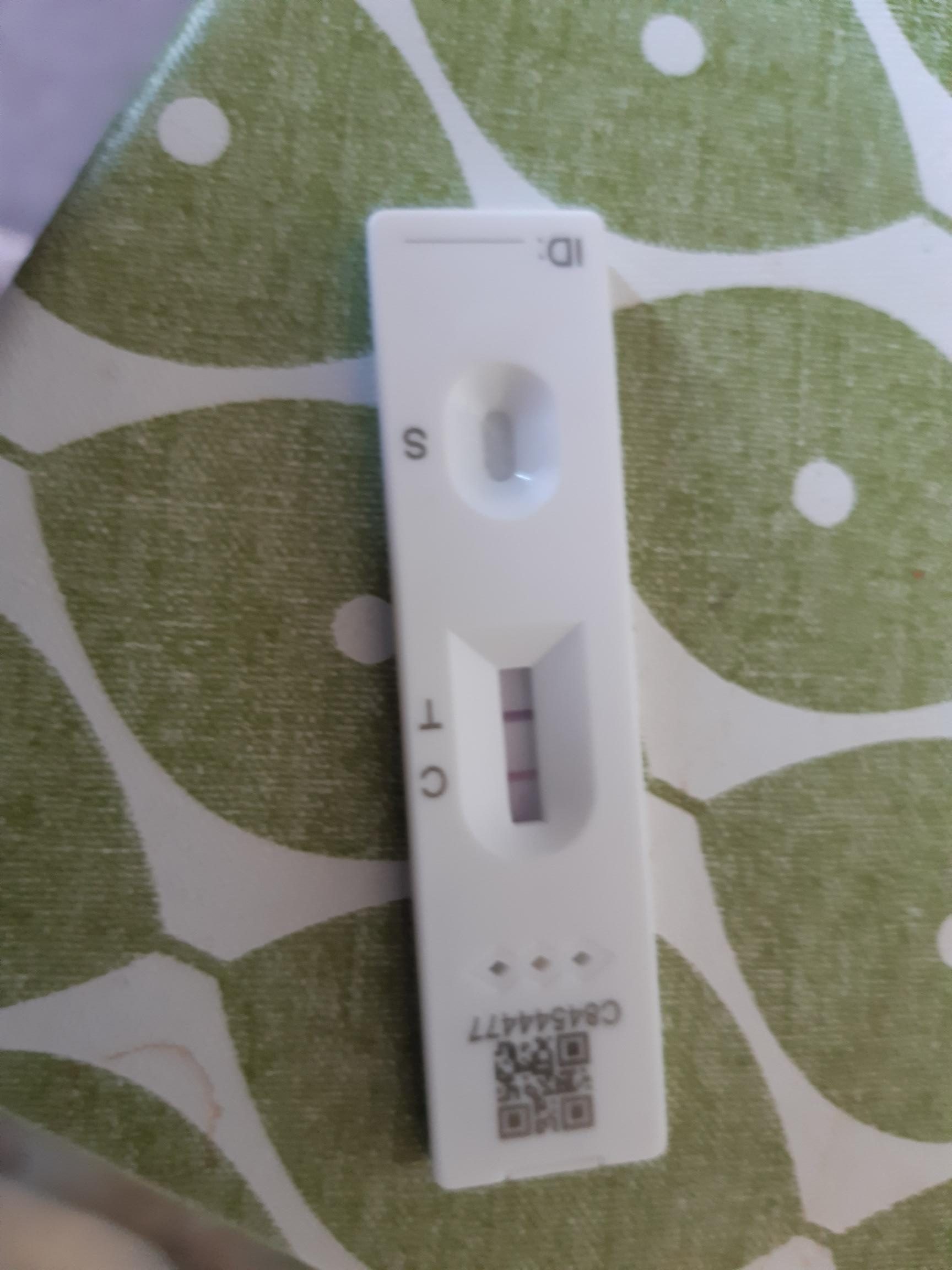
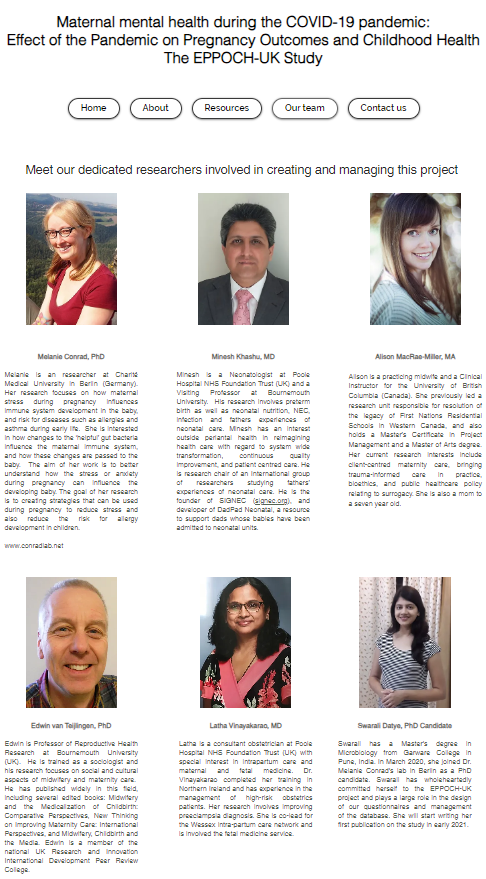
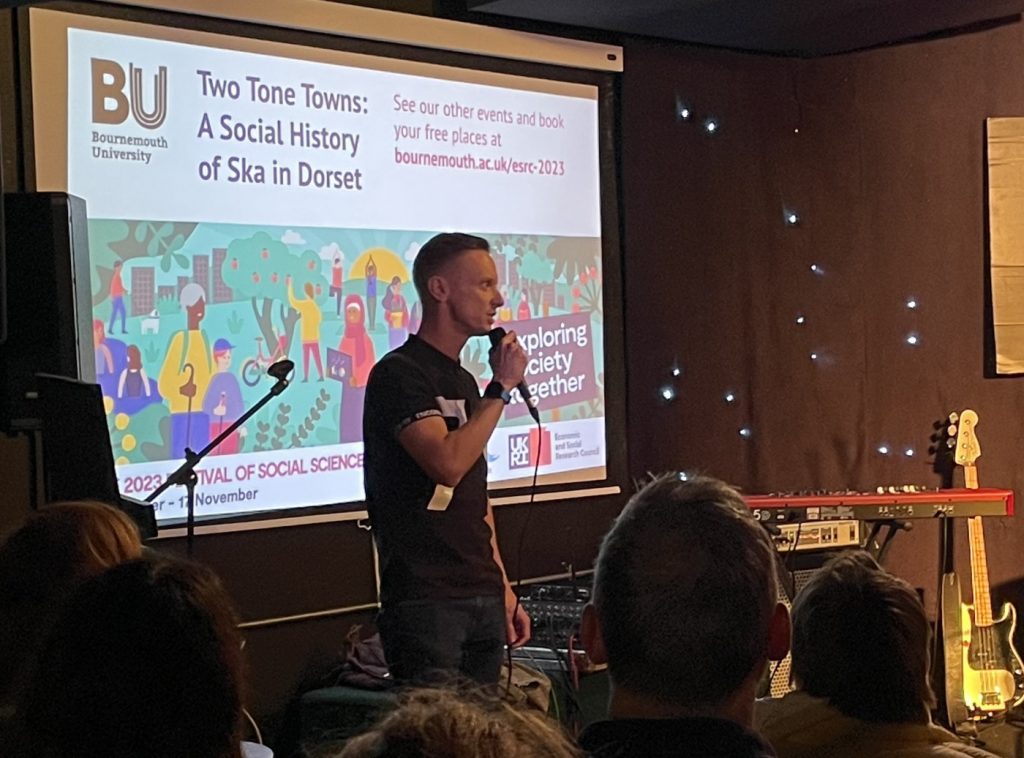
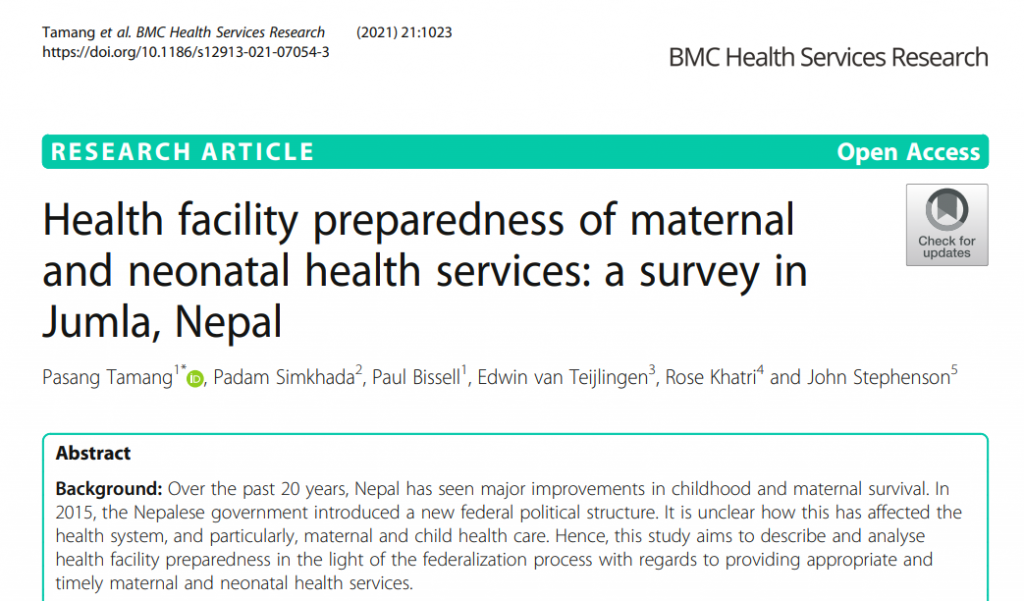


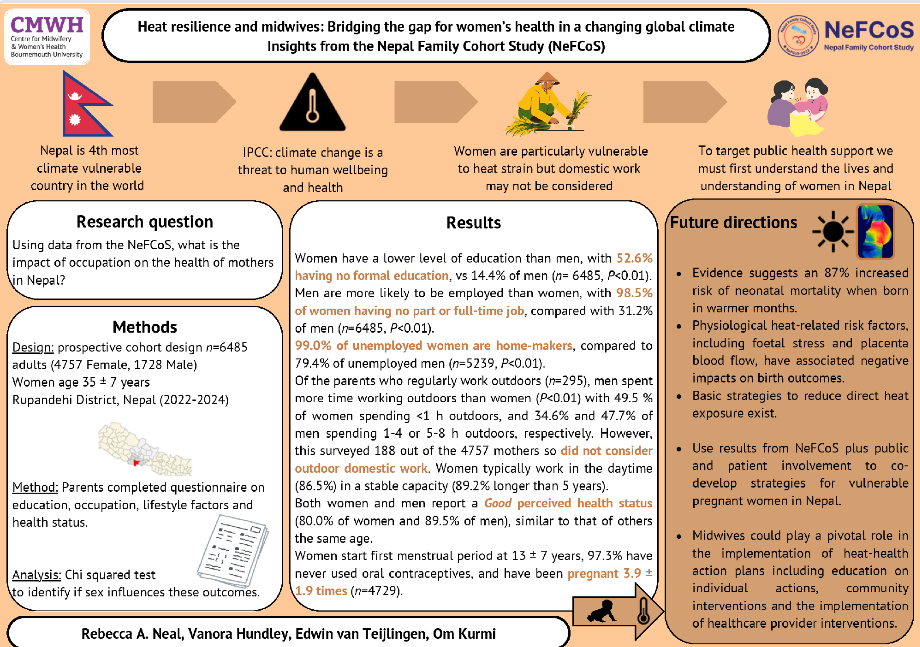

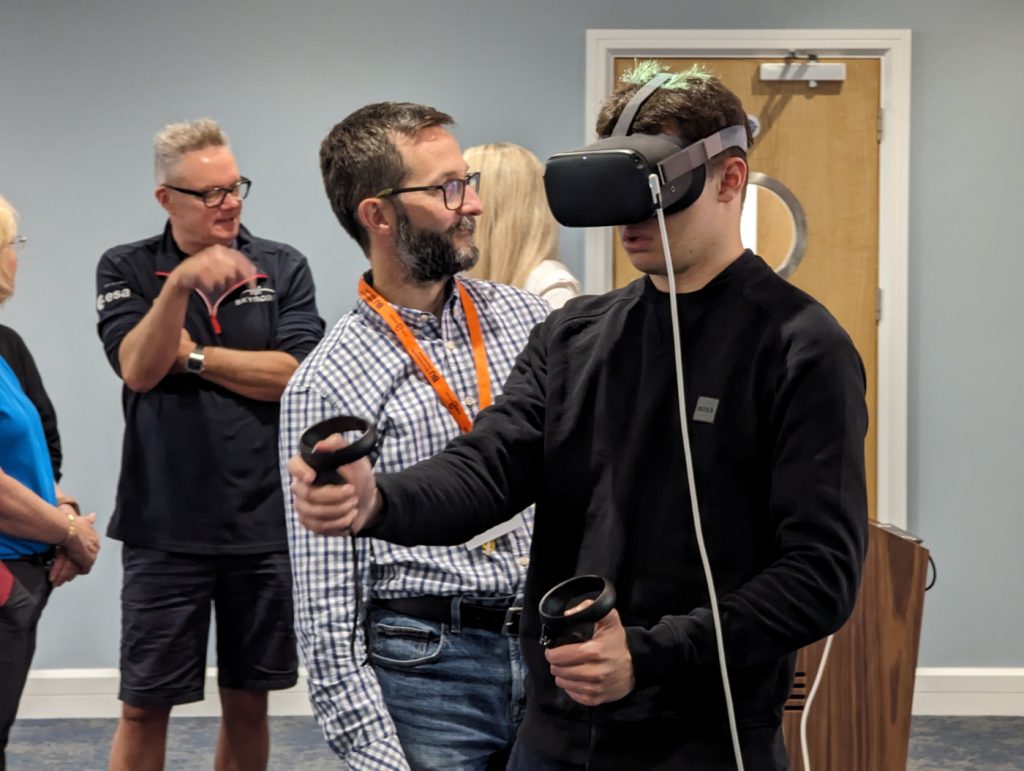
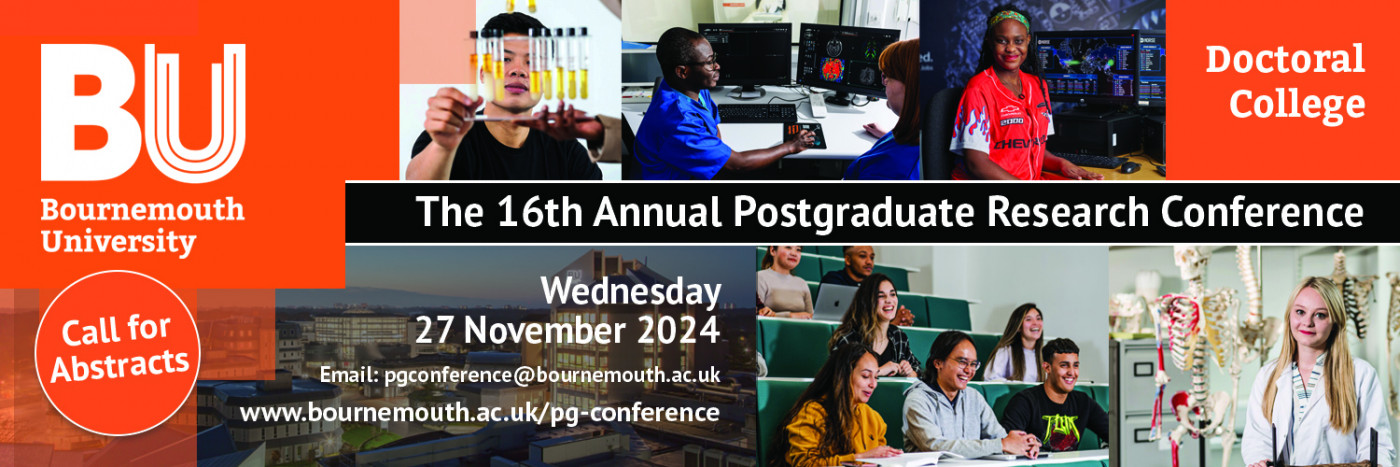
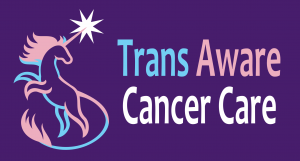
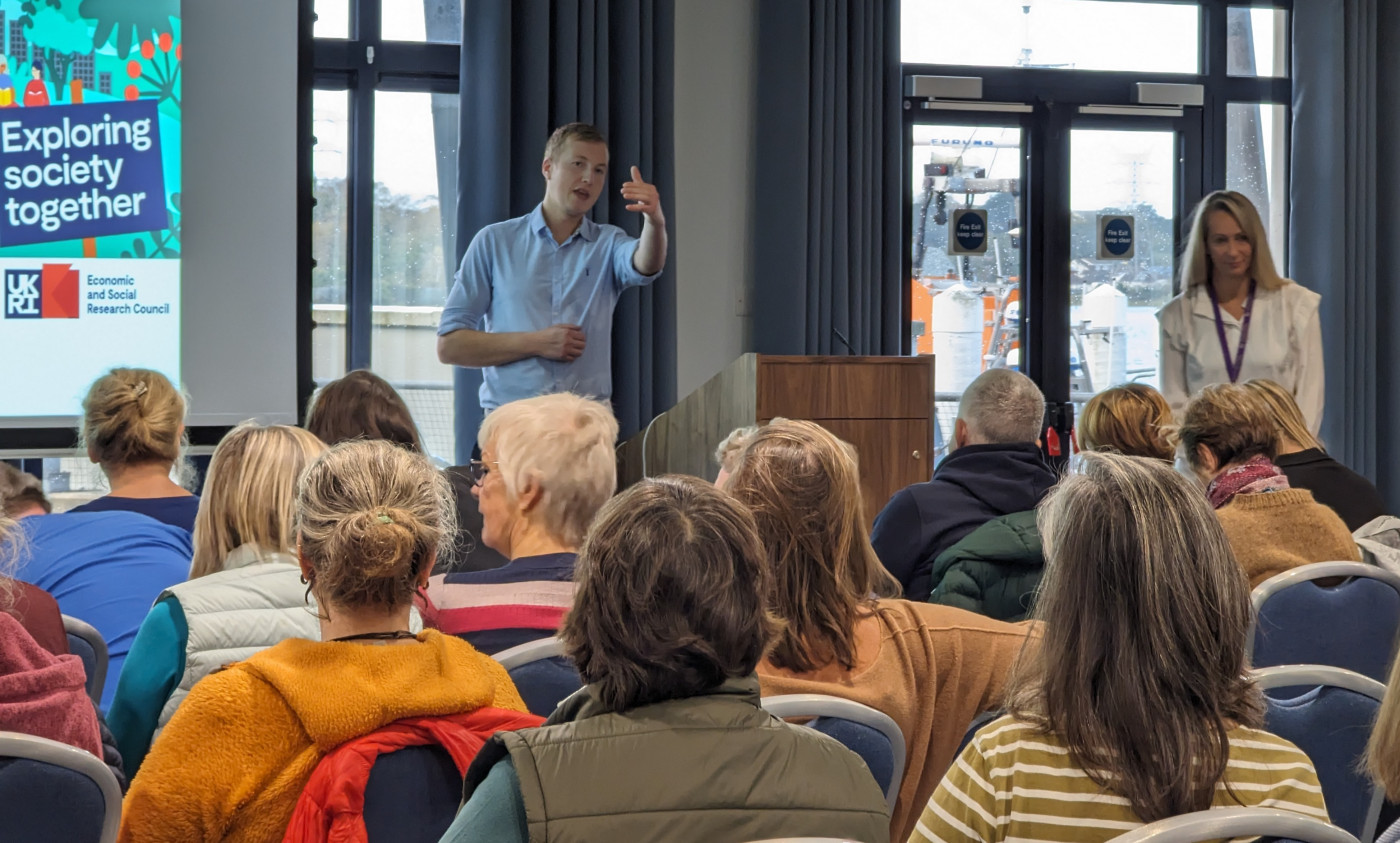
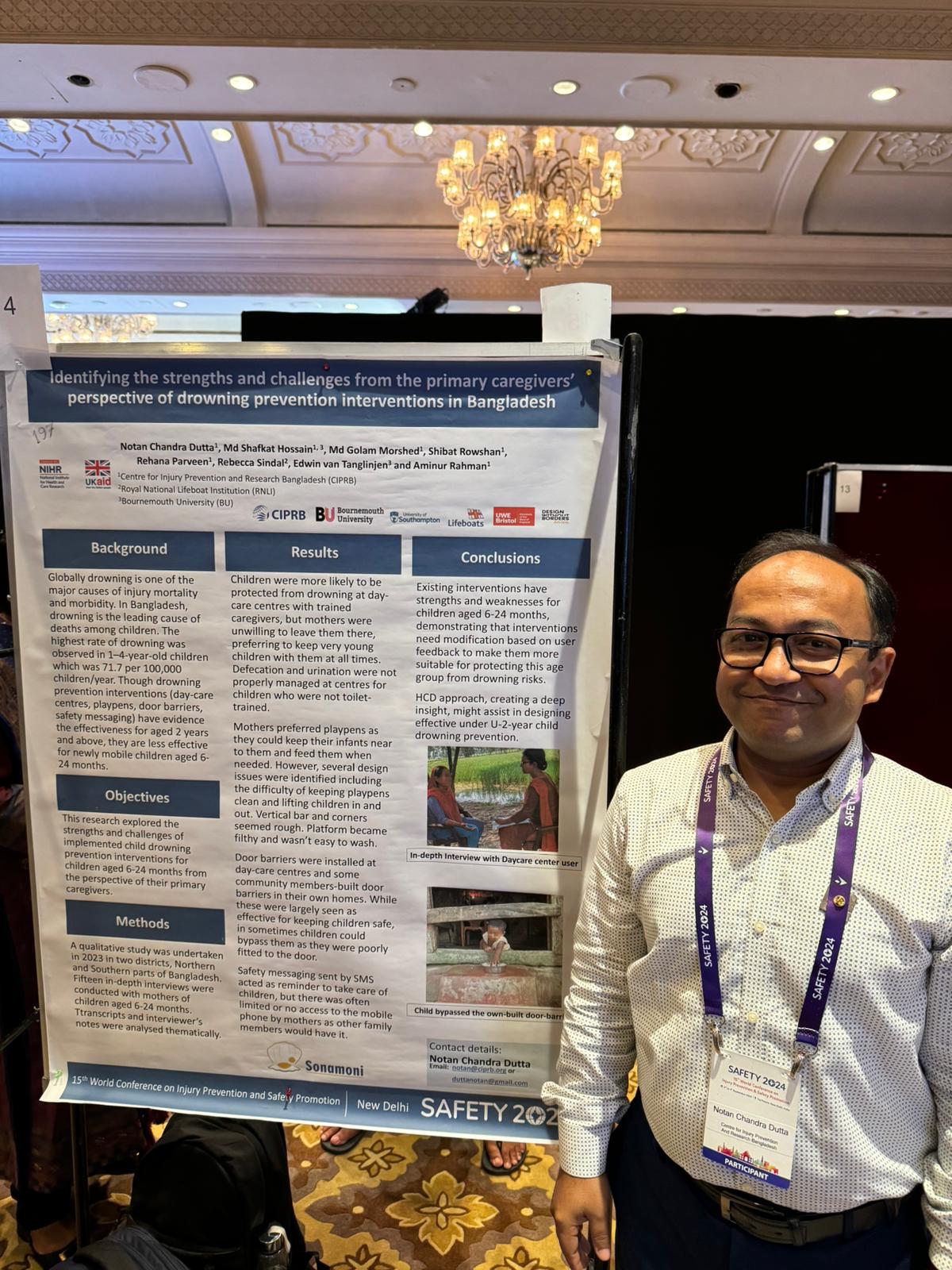



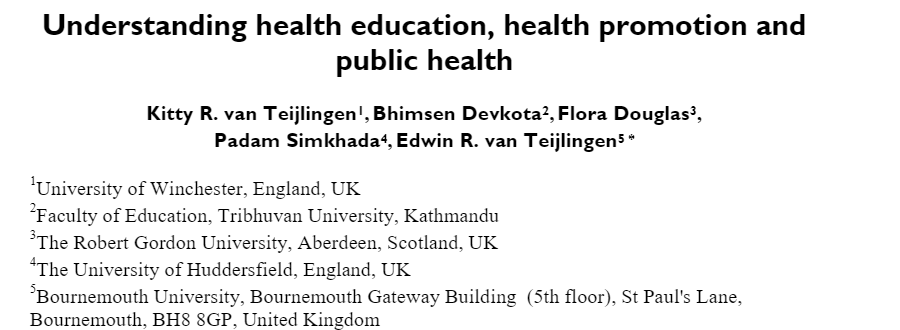
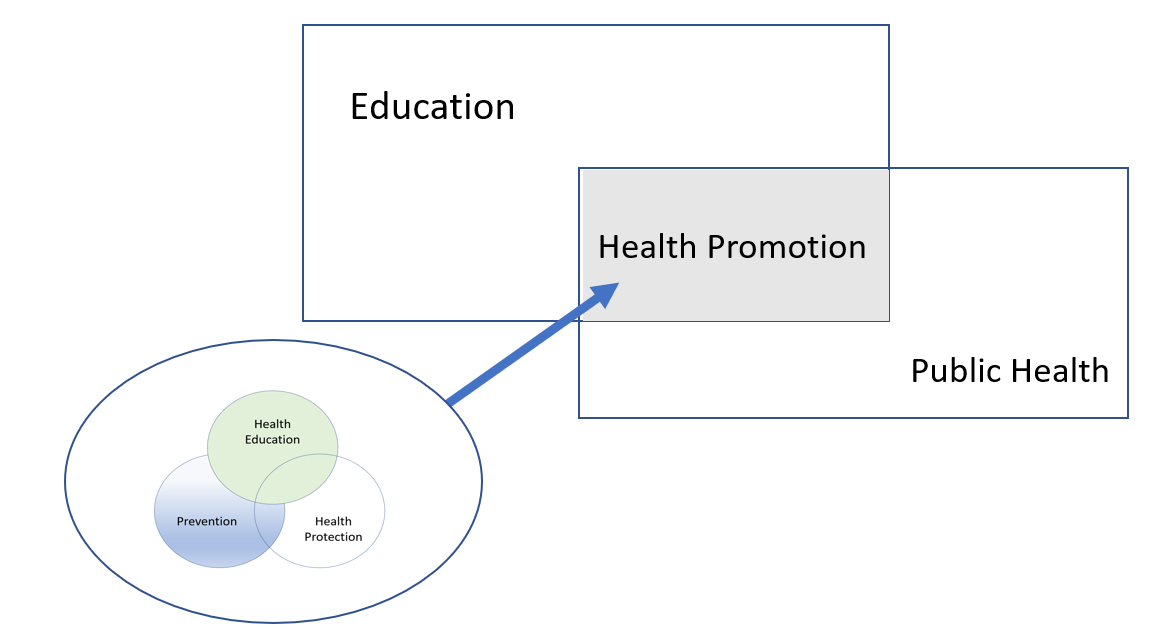

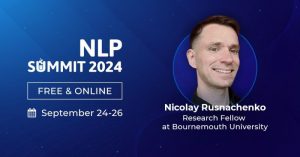


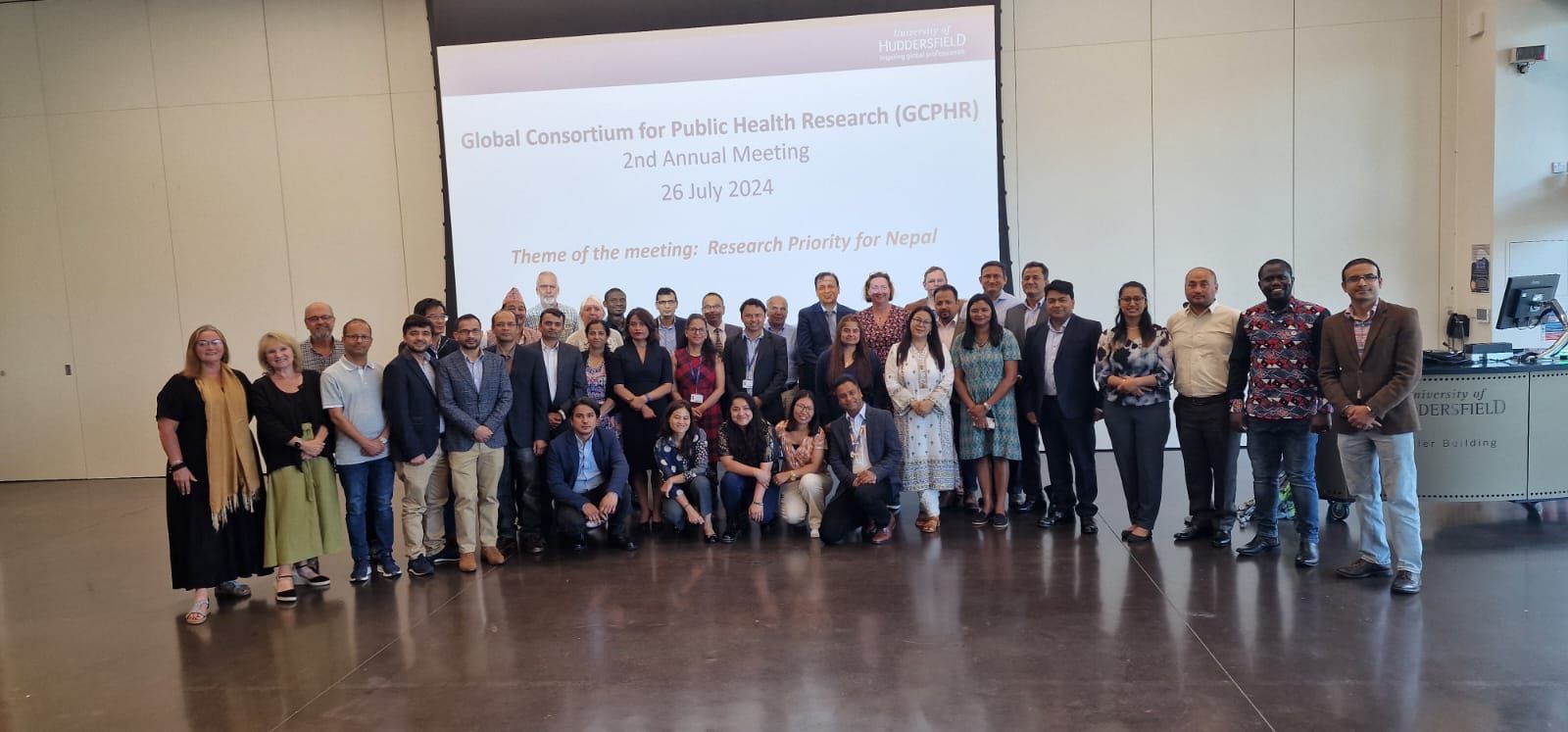
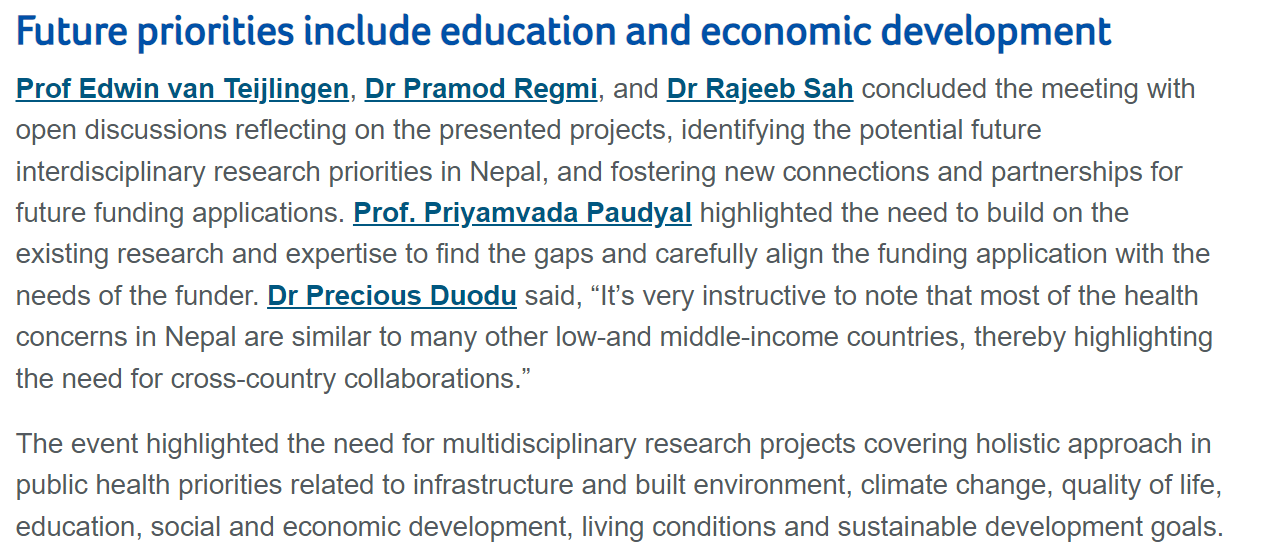











 SPROUT: From Sustainable Research to Sustainable Research Lives
SPROUT: From Sustainable Research to Sustainable Research Lives BRIAN upgrade and new look
BRIAN upgrade and new look Seeing the fruits of your labour in Bangladesh
Seeing the fruits of your labour in Bangladesh Exploring Embodied Research: Body Map Storytelling Workshop & Research Seminar
Exploring Embodied Research: Body Map Storytelling Workshop & Research Seminar Marking a Milestone: The Swash Channel Wreck Book Launch
Marking a Milestone: The Swash Channel Wreck Book Launch ECR Funding Open Call: Research Culture & Community Grant – Application Deadline Friday 12 December
ECR Funding Open Call: Research Culture & Community Grant – Application Deadline Friday 12 December MSCA Postdoctoral Fellowships 2025 Call
MSCA Postdoctoral Fellowships 2025 Call ERC Advanced Grant 2025 Webinar
ERC Advanced Grant 2025 Webinar Update on UKRO services
Update on UKRO services European research project exploring use of ‘virtual twins’ to better manage metabolic associated fatty liver disease
European research project exploring use of ‘virtual twins’ to better manage metabolic associated fatty liver disease